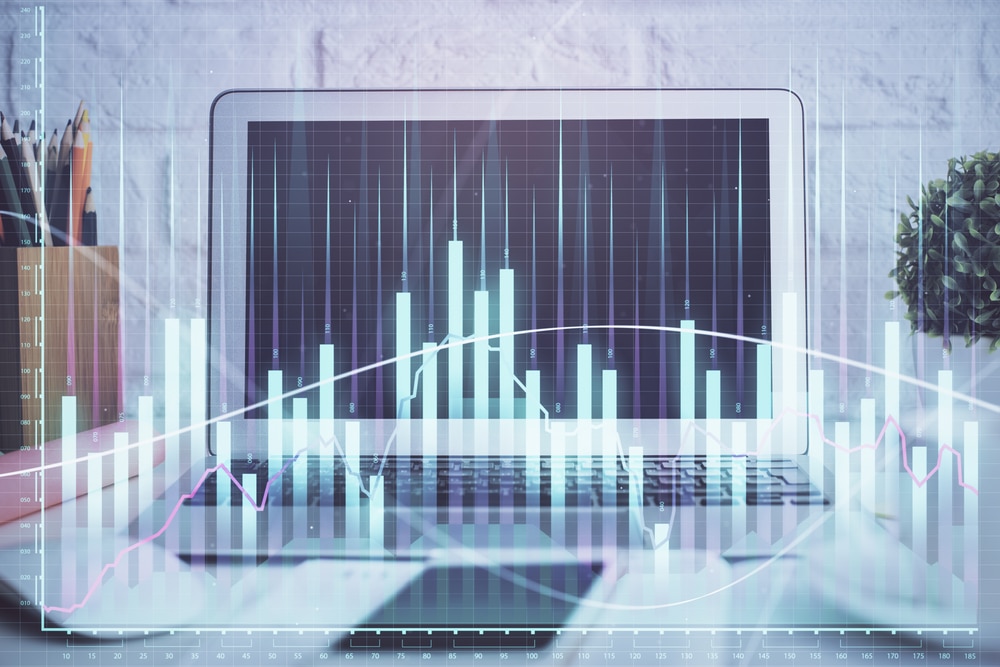We’ve all heard the saying trading is a business, but what exactly does this mean? This article will cover all the insightful parallels we should learn between forex and business.
Traders often read about how they should treat trading forex like a business; this statement is undoubtedly true. Like any company, traders aim to be profitable at the end of the month, quarter or year with some level of consistency.
We aim to acquire professionalism in everything we do, from having a robust trading platform with excellent execution, a well-functioning computer, choosing a trustworthy and reliable broker, etc. These important elements are what we might consider some expenses of ‘doing business’ in forex, though it goes much deeper than this.
This article will explore other ever-present aspects analogous to a business in the journey of a successful trader.
Solid risk and money management
Every trader should understand that trading, by its very nature, involves some risk like any business. Despite the attractive earning potential, a wise trader is always aware of what can go wrong. Perhaps the defining factor between a consistently profitable trader and a struggling one is mitigating risks.
In forex, traders deal with events that they cannot always predict with 100% certainty. A solid contingency plan has to be present to overcome these challenges. In a business, entrepreneurs also deal with many uncertainties, which they manage through proper planning.
As Murphy’s law suggests, anything that can go wrong will go wrong. A successful trader is more concerned about managing the many ‘what if’ scenarios of a position potentially going wrong.
The money management factor deals with allocating an amount per trade that will not blow one’s account. Businesspeople understand all the necessary expenses and adequately account for them to ensure a profit is possible.
With trading, aside from the risk of ruin, traders should also know how to reduce spreads/commissions, swaps, deposit and withdrawal charges, and other fees.
Being an expert in your ‘products and services’
Every business has products or services which they’ve excelled in. Organizations recognize all the aspects in delivering these consistently and efficiently. In trading, we could consider our products and services as the set-ups and strategies.
A trader must know all the little nuances of their trading system from the entry rules, stop loss and take profit parameters, ideal market conditions, best instruments to trade, time-frames to analyze, etc.
Granted, acquiring all this information takes years, though one must achieve mastery in this regard since there is little room for error. It’s not enough just to trade a strategy; achieving perfect execution is what really matters in a competitive field like forex.
Adopting a long-term mindset
Research suggests the average business takes at least two years before being profitable. Similarly, it takes this long for most traders to arrive at a sufficiently proficient level; in some cases, even longer.
All lucrative businesses we know nowadays all started with long-term visions, which traders should also adopt. Most traders underestimate how long it can take before reaching a stage of steady profitability.
A business typically has to invest significant resources and money to gain traction and market share. With trading, while we cannot make the same comparison, adopting a long-term mindset is crucial.
Tradeciety has a wonderful quote to hammer this point home:
“Most people want to be full-time traders and trade for a living but then trade like they have to retire tomorrow.”
All accomplished traders desire to stay in the game for a lifetime. Hence, their decisions center around not blowing up in the short term. Reaching the point of trading a sizable account starts with small, incremental steps, just as a brand like Amazon began as a bookstore before becoming a global e-commerce giant.
Measuring performance over months and years
An enterprise rarely measures its performance over days or even weeks. An erroneous belief with many losing traders has unrealistic daily or monthly goals, leading them to over-leverage and over-trade.
Every day in forex is different; not every day should be worth trading. The returns of an enterprise fluctuate in the short term as each period is also never the same as the previous, making it difficult to have any reliable report. Ultimately, the true measure of success is usually quarterly, bi-annually, and annually.
To some extent, trading is somewhat seasonal as traders cannot make money every day realistically. Although traders, like businesses, aim to perform at their peak, it’s essential to take a slower approach focusing on the long haul.
Money should be the by-product, not the primary focus
A quote from Dr. Alexander Elder can best summarize this section:
“The goal of a successful trader is to make the best trades; money is secondary.” The concept of money is a catch-22. While a trader and a business both measure themselves according to how much they profit, focusing too much on the monetary aspect is actually counter-productive.
Losing traders become too motivated by the financial allure of trading that they ignore everything else required to trade successfully. All the big brands we know nowadays first created the perfect service and product; money merely became a by-product.
With forex, a trader can only think of gains once they’ve gone through the long process of trading correctly and perfecting their system from start to finish. The appeal of riches clouds the minds of many traders, ultimately becoming their downfall.
Final word
It’s interesting to observe the several parallels between forex and business. To summarise, these are the critical connections traders must be aware of to trade forex like a business.
- Managing money and risks comes first.
- Traders must master their ‘products and services.’
- Having a long-term mindset is crucial.
- Performance should be measured over months and years.
- Money should be the by-product of mastering the trading process, not the main goal
